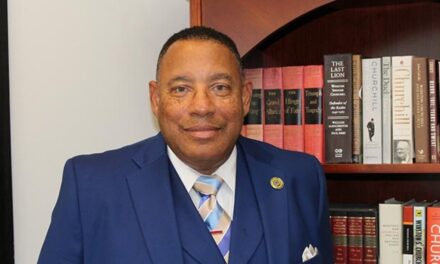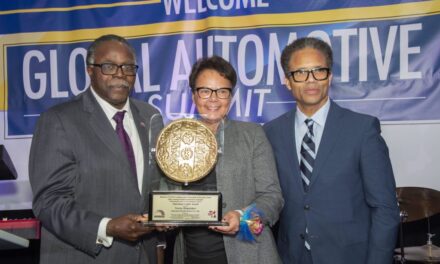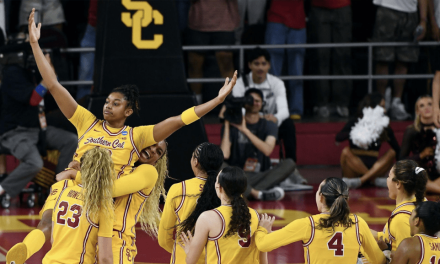SOURCE: Associated Press

Washington — The Supreme Court on Tuesday rejected a controversial theory that would have given state lawmakers un- fettered power to set the rules for federal elections in their states, ruling that the so-called “independent state legislative theory” is inconsistent with the Constitution.
In declining to embrace the idea, which stems from an interpretation of the
Constitution’s Elections Clause, the court left in place a key check on state lawmakers’ authority over how federal elections in their states are conducted and their drawing of congressional maps.
The decision is a major victory for voting rights advocates, who feared that a ruling adopting the inde- pendent legislature theory would wreak havoc on election systems, and allow state legislatures to operate unchecked when setting federal election rules and drawing voting lines.
Chief Justice John Roberts authored the opinion for the 6-3 majority in the case known as Moore v. Harper, which stems from a dispute in North Carolina. The court ruled that the Supreme Court has jurisdiction to review an opinion by the North Carolina Supreme Court against state Republican officials, and said the Constitution’s Elections Clause does not grant exclusive and independent authority in state legislatures to set the rules regarding federal elections.
“State courts retain the authority to apply state constitutional restraints when legislatures act under the power conferred upon them by the Elections Clause,” Roberts wrote. He was joined by Justices Sonia Sotomayor, Elena Kagan, Brett Kavanaugh, Amy Coney Barrett and Ketanji Brown Jackson.
“The Elections Clause does not insulate state legislatures from the ordinary exercise of state judicial review,” Roberts wrote. The Elections Clause states: “the Times, Places and Manner of holding Elections for court,” she said in a statement. Senators and Representatives, shall be prescribed in each State the Supreme Court decisively by the Legislature thereof.”
Though the court concluded that the clause “does not exempt state legislatures from the ordinary constraints imposed by state law,” Roberts noted that state courts “do not have free rein.”
“We hold only that state courts may not transgress the ordinary bounds of judicial review such that they arrogate to themselves the power vested in state legislatures to regulate federal elections,” the chief justice wrote, meaning that state courts can’t overstep and assume the powers granted to the legislatures under the Constitution.
Justices Clarence Thomas,Neil Gorsuch and Samuel Alito dissented, with Thomas writing for the trio that the question before the Supreme Court was moot and the case should be dismissed.
Abha Khanna, a lawyer who represented the North Carolina plaintiffs, cheered the Supreme Court’s decision as a win for free and fair elections.
“In its most extreme form, the Independent State Legislature Theory could have weakened the foundation of our democracy, removing a crucial check on state legislatures and making it easier for rogue legislators to enact policies that suppress voters and subvert elections without adequate oversight from statecourt,” she said in a statement.”We are incredibly relieved that the Supreme Court decisively rejected this dangerous theory.”
The theory that state legislatures have exclusive authority to set presidential and congressional elections rules without oversight from state courts lay largely dormant for more than 15 years. The concept regained attention after the 2020 presidential election, when then-President Donald Trump’s allies raised it as part of efforts to reverse the outcome.
–
–











